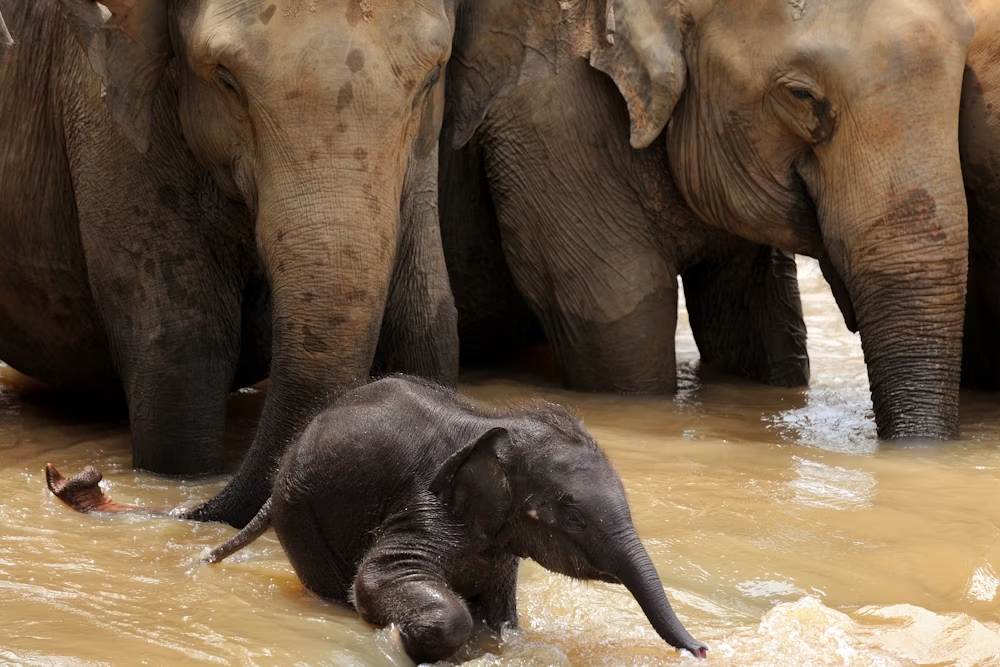If Corporations Are People, Then Animals Should Be Too

Enshrining the rights of nonhuman entities in law would help us protect them before it’s too late.
In a thought-provoking article from The New Republic, the author delves into the concept of extending legal personhood to nonhuman entities as a means to protect them before it’s too late. The piece begins by confronting the harsh reality of the climate and mass extinction crises, emphasizing our lack of understanding of the full scope of what we stand to lose.
The article argues that the law is the most powerful tool we have to safeguard the living world. It highlights how evolution is a slow process, unable to keep pace with the rapid changes brought about by the climate crisis. For long-lived organisms like elephants, whales, and trees, the window for adaptation or our comprehension of their plight may close before we can act to save them.
The author presents examples of resilience in nature, such as zebra finches in Australia adapting their offspring to warming conditions and lizards in Miami adjusting their cold-tolerance thresholds. However, these instances are rare bright spots in an otherwise dire outlook for biodiversity.
The article points out that environments are transforming so quickly that traditional adaptive mechanisms are often rendered ineffective. Human-caused habitat loss and climate instability act as massive threat multipliers, leaving many species with nowhere to turn.
A key focus of the discussion is the legal precedent set by the U.S. Supreme Court’s Citizens United decision, which declared corporations as legal persons. This ruling, while controversial, is suggested as a model for granting legal personhood to nonhuman entities like animals and ecosystems.
The author cites the Te Urewera Act in New Zealand, which granted a forest legal status as a person, as an example of this concept in action. This approach acknowledges the intrinsic value and rights of nature, separate from human utility.
In conclusion, the article calls for an extraordinary act of imagination and foresight to enshrine the rights of nonhuman entities in law. By doing so, we may begin to protect the irreplaceable tapestry of life on Earth before it unravels beyond repair.
Read the article at If Corporations Are People, Then Animals Should Be Too, by Lydia Millet, The New Republic, May 2, 2024.

Comments are closed, but trackbacks and pingbacks are open.